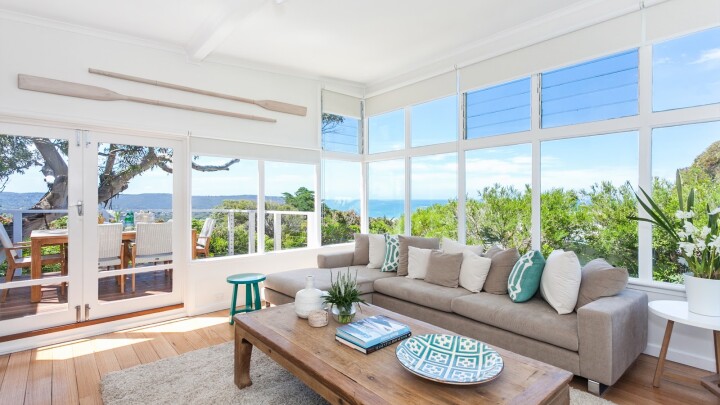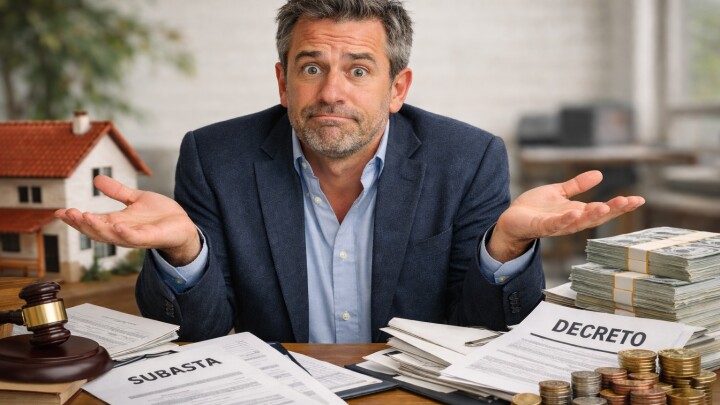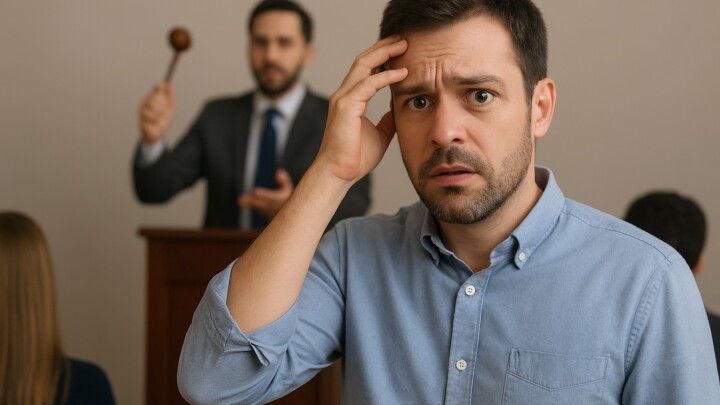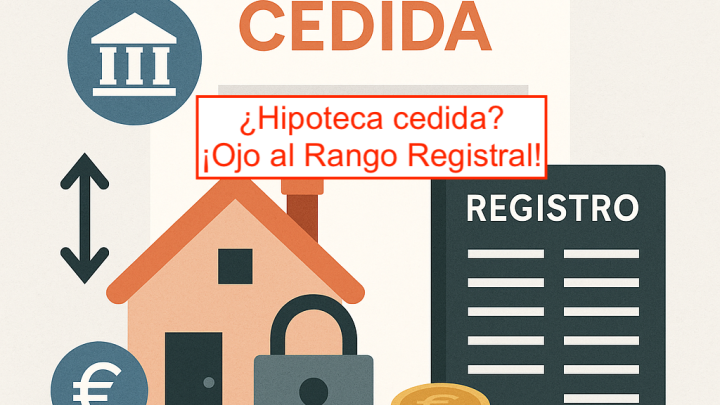The Most Common Risks When Buying a Home in Spain
Buying a home is an exciting step, but it involves risks that can create uncertainty in the buying process. From legal and financial issues to construction quality and potential hidden defects, it is crucial for buyers to be informed and prepared to face these challenges. Understanding and being aware of these risks will enable them to make informed decisions, ensuring that their dream of owning a home becomes a rewarding and secure reality.
The purchase or sale of a property, whether for personal use or as an investment, entails a series of decisions loaded with responsibility that, if not taken into account, could result in real headaches both financially and emotionally. For this reason, it is crucial to be well-informed and not be guided solely by our emotional side.
Calculating the actual budget
It may seem obvious, but it is the first point that a buyer should have clear and established even before exploring the market. Buying a home is loaded with expenses and taxes that we need to be aware of from the beginning. The Transfer Tax (ITP) for a second-hand property or VAT for a new one can range from 4% to 10%, depending on the autonomous community where the purchase is made. Notary and registration fees, potential utility contracts, and other community-related expenses are also important to consider.
On the other hand, buying with or without financing makes a difference. Taking out a mortgage entails additional costs beyond the loan amount requested. It is also important not to exceed a debt-to-income ratio of 30% to 40% of our gross income. If, on the contrary, you plan to buy the house with the proceeds from selling your current one, we recommend reading an article dedicated to this point to consider a breakdown of the actual available money you could have after expenses and taxes.
There are other additional expenses such as moving costs, potential renovations or repairs needed for the new house, or the cost of rent while carrying out those renovations. If these expenses have not been planned for, they could potentially put a financial strain on you.
First, visit, then inspect
After exploring the market and preselecting a list of interesting properties, it's time to get in touch with the real estate agent or owner and coordinate a first visit. The initial viewing should be for your emotional side. There's no point in analyzing finishes, plumbing, or the electrical panel if the house has left a bad impression on you; during the first visit, focus on the neighbourhood, the community, the surroundings, the natural light, and the spaces of the house. If something feels off or doesn't fit, don't dismiss it automatically: if there's a lack of light, it could be solved with a small renovation, but if the building or potential neighbours have given you a bad impression, you may need to speak with the doorman, community manager, or a neighbour to clear your doubts. If this doesn't resolve your concerns, it's not worth it. You can improve the house with a renovation, but you can't change the building, the neighbourhood, or the neighbours living there.
If during the first visits, you have found that house that has thrilled you, now is the time to set aside those emotions and let your rational side take charge: schedule a second visit and bring out your technical side. During this technical inspection, you need to be attentive to anything that could cause headaches or additional expenses in the future: potential dampness, lack of water pressure in the faucets, cracks or fissures, condition and type of windows, heating, air conditioning, etc. A proper inspection involves reviewing over 1,000 points to consider and requires a lot of experience to detect potential flaws or deficiencies.
Advancing money prematurely
It is very common for buyers to be driven by the fear of losing a house that emotionally resonates with them and meets their objective requirements. This fear leads buyers to make fatal decisions such as formalizing a deposit or, even worse, signing a contract of earnest money prematurely. What if we later discover a financial burden on the property or if it has a planning violation, and the bank decides not to grant the mortgage? Do we want to find ourselves in the position of having to rely on the good faith of the seller, a complete stranger, to kindly return the amount paid or break the earnest money contract?
Don't let that fear take over; it is always better to miss an opportunity and wait for the next one than to get into a problem with a very difficult solution. Carry out thorough investigations in terms of legality, actual ownership, planning permissions, etc. Request the latest community minutes and find out if there are any pending extraordinary assessments to be approved. Ensure that the property has the occupancy license (there are over 18,000 irregular properties just in Marbella) or if the previous owner's renovation was carried out with the necessary permits and is legal or, at the very least, was completed more than 6 years ago (the time required for prescription, provided it does not violate any planning regulations).
Based on our experience, these are the three most important risks to consider when buying a home. However, there are hundreds of issues that we could encounter throughout the buying process and beyond. That's why at Valido Home, we offer our secure buying process where we take care of everything so that you don't have to worry about a thing. But if you decide to embark on this adventure on your own, we recommend keeping in mind everything we have shared in this article and our blog.
In any case, if you still have doubts, don't hesitate to book a completely FREE and NO OBLIGATION call with our experts!

Miguel S. Moreira
Miguel is a trained architect and building engineer with a ample experience in the real estate sector. He is the co-founder of Valido Home and loves to inform about the risks involved in purchasing property in Spain.




